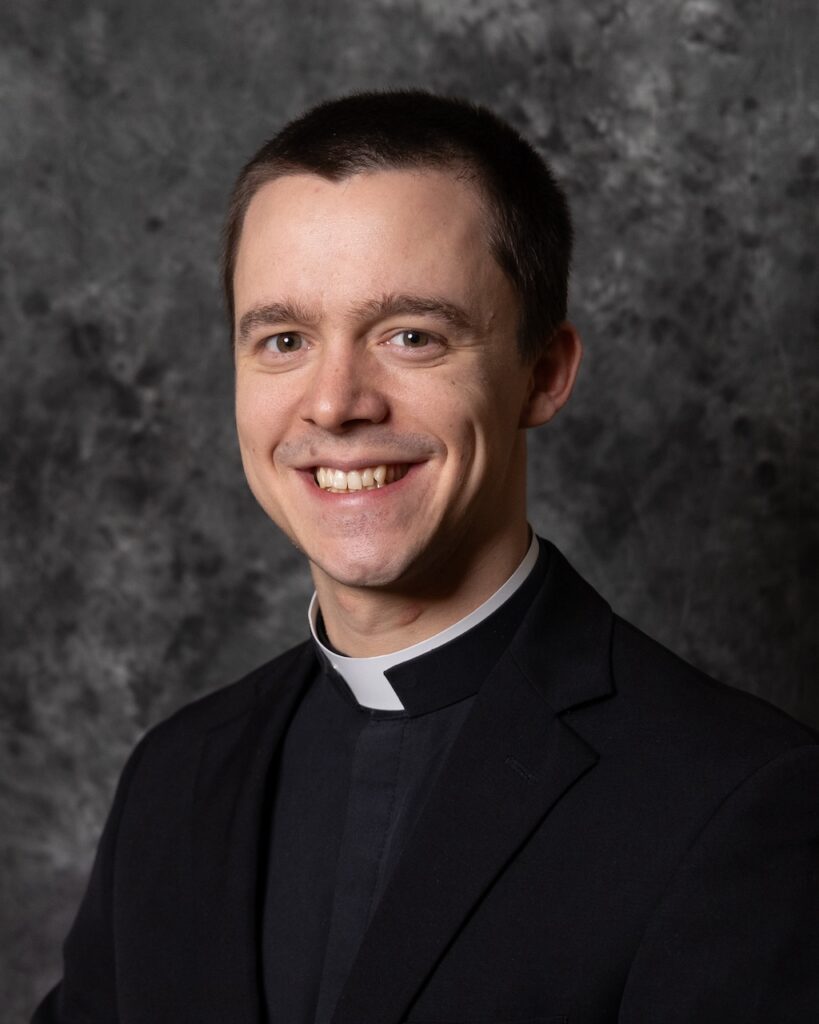Reflection on Mass readings for March 23 (3rd Sunday of Lent)
Exodus 3:1-8a, 13-15
Psalm 103: 1-2, 3-4, 6-7, 8, 11
1 Corinthians 10:1-6, 10-12
Luke 13:1-9
According to one classic adage, the hardest step to take in any journey is the first. In my opinion, however, a close second is when the journey is long enough that the honeymoon period of early excitement wears off, but the end remains somewhere far in the distance.
In my own parish, for instance, I recently joined a group of our men who are participating in a program of prayer and fasting leading up to Easter, which gave all of us a head start on the usual seasonal sacrifices of Lent.
For the first few days, the novelty and camaraderie of the program was exciting, but it didn’t take long for the reality of our new normal to set in. Sacrifices that were new and exciting in the first few days quickly started to feel unremarkable and unpleasant. At times, I even caught myself complaining that just showing up and sticking to the plan had become hard work.
Of course, this experience is common in nearly every sphere of life, and, in his First Letter to the Corinthians, St. Paul warns the Church about the real danger of letting dryness and grumbling derail even our faith itself.
As St. Paul observed, this is a recurring theme throughout salvation history, beginning as far back as the Israelites’ exodus from Egypt. As welcome as their liberation was, it didn’t take long before the mundane inconveniences and stress of their journey through the wilderness brought them to the point of frustration and rebellion.
The consequences were dire: with few exceptions, most of that first generation of Israelites would not live to be the ones to enter their Promised Land.
At this point, several weeks into our own journey through the spiritual desert of this Lenten season, many of us are likely feeling this sort of dryness creeping in. To borrow Christ’s image from the Gospel parable, our prayer, fasting, almsgiving, and penances may seem to us like fruitless fig trees, with little visible progress to show for our efforts.
If that describes your experience of the season, don’t despair! Often, the greatest graces of any period of prayer and reflection are only recognized in the final days and hours, or even later in the weeks that follow. The most important insights and consolations of a retreat or holy hour may not reveal themselves until we have endured to the very end.
If we are struggling to maintain our spiritual commitments, however, we may wonder in those challenging moments where we will find the strength to persevere. Here, St. Paul’s reflection is profound: “All ate the same spiritual food, and all drank the same spiritual drink, for they drank from a spiritual rock that followed them, and the rock was the Christ” (1 Cor 10:3-4).
Like the Israelites and those first generations of Christians, we, too, are offered spiritual food and drink by Jesus himself, who is present to us most of all in the prayer and sacramental life of the Church.
The season of Lent, perhaps more than any other, is a beautiful and opportune time for us to draw closer to the sources of renewal that Our Lord offers us in his body and blood, in the mercy of the confessional, and in the silence of contemplation.
Nothing can substitute for this heavenly nourishment, and if the only thing we changed in our lives this Lent was a reinvigorated commitment to encountering Christ’s presence in these ways, then all the dryness and hard work would be more than worth it.
As we approach the final weeks of this season and draw near to the blessed days of Holy Week, let’s each commit to seeing this journey through to its end, to finish strong and wait to see all the good fruit that the Lord still has in store.
 Father Cassidy Stinson is the pastor of St. Jude, Radford; chaplain of Radford University Catholic Campus Ministry; and a member of the Institute of Jesus Priest, a secular institute founded by Blessed James Alberione.
Father Cassidy Stinson is the pastor of St. Jude, Radford; chaplain of Radford University Catholic Campus Ministry; and a member of the Institute of Jesus Priest, a secular institute founded by Blessed James Alberione.

